News

Jul 23, 2025
Seasonal flu immunity protects against severe illness from bird flu in ferrets
A study in ferrets — which have remarkably similar respiratory systems to humans — suggests that widespread immunity to H1N1 seasonal influenza virus may explain why exposure to H5N1 bird flu causes only mild symptoms in humans.
Full Article

Jul 22, 2025
$2.6M NIH grant to fund new microbiome sciences training program at Penn State
The internationally recognized One Health Microbiome Center (OHMC) in the Huck Institutes of the Life Sciences at Penn State is the recipient of a new National Institutes of Health (NIH) grant to train doctoral students in biotechnological innovation, industry advancements and interdisciplinary microbiome research.
Full Article

Jul 21, 2025
Simulating the unthinkable: Models show nuclear winter food production plunge
A team led by researchers at Penn State have modeled precisely how various nuclear winter scenarios could impact global production of corn — the most widely planted grain crop in the world.
Full Article

Jul 17, 2025
When dreams turn dark: Neuroscientists to study nightmares and mental health
Dreams, and likely nightmares, are experienced universally across humans and animals, but neuroscientists still do not know why. Now, with a three-year, $1.2 million grant from the W.M. Keck Foundation, an interdisciplinary team of researchers at Penn State will study the underlying mechanisms of nightmares and their relationship with anxiety-related mental health disorders, such as post-traumatic stress disorder (PTSD).
Full Article
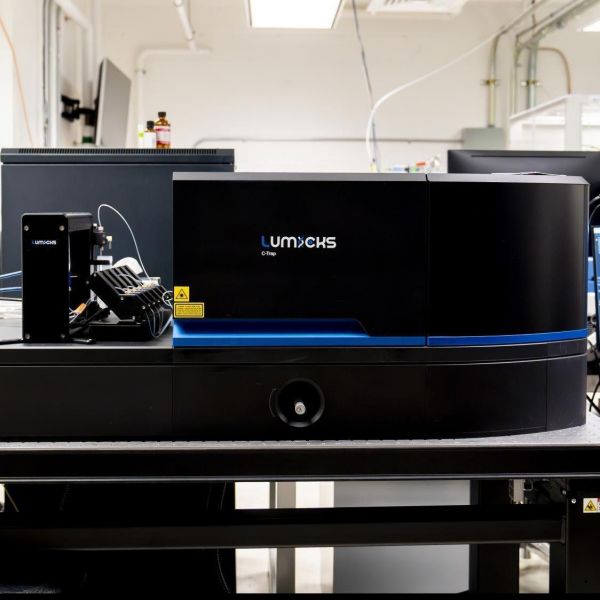
Jul 16, 2025
Optical tweezers help elevate single-molecule research at Penn State
The instrument, supported by a new NIH infrastructure grant, uses laser light to ‘tweeze’ tiny objects like DNA molecules and proteins.
Full Article
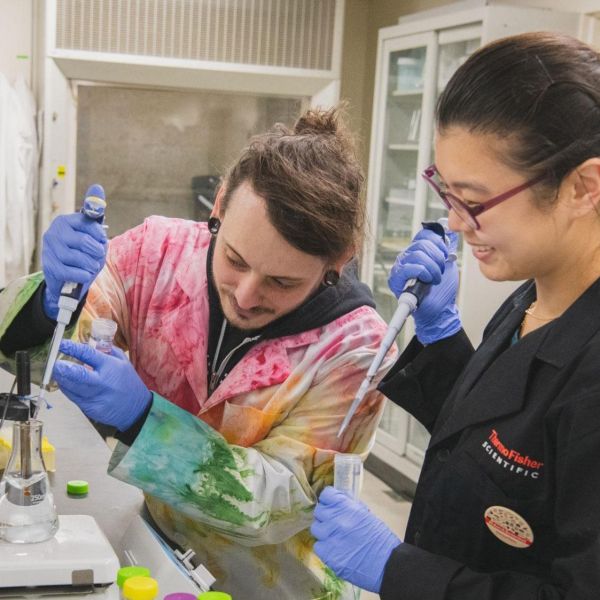
Jul 14, 2025
The breadth of the brain
Researchers in the Penn State Neuroscience Institute study the brain’s many aspects in a variety of ways, with implications from mental health to aging and disease.
Full Article
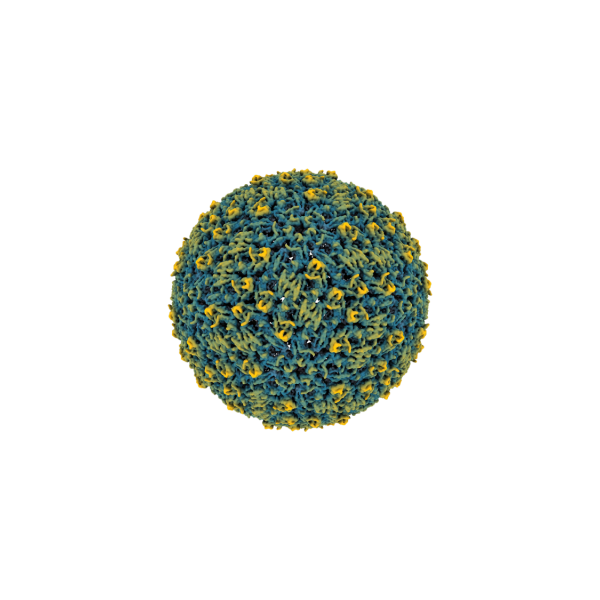
Jul 10, 2025
Structure of tick-borne virus revealed at atomic resolution for the first time
Rates of the Powassan virus infections — which can cause seizures and paralysis — are increasing across commonwealth, nation.
Full Article
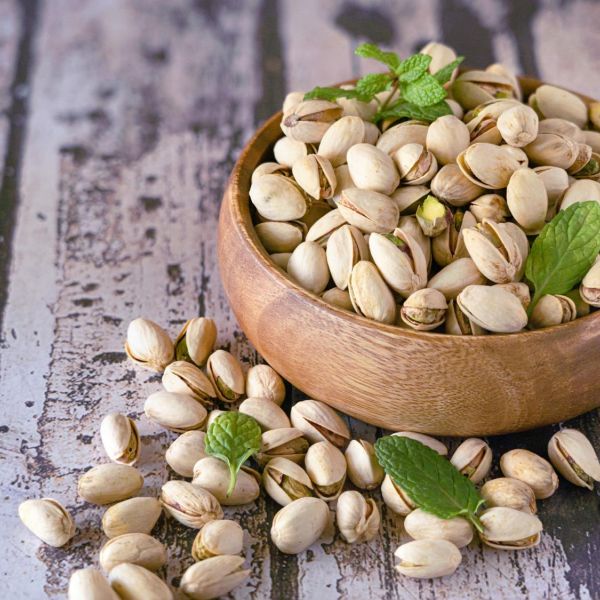
Jul 07, 2025
Nighttime pistachio snacking may reshape gut microbiome in prediabetic adults
Eating pistachios every night for 12 weeks altered bacteria in the gut, according to new study.
Full Article
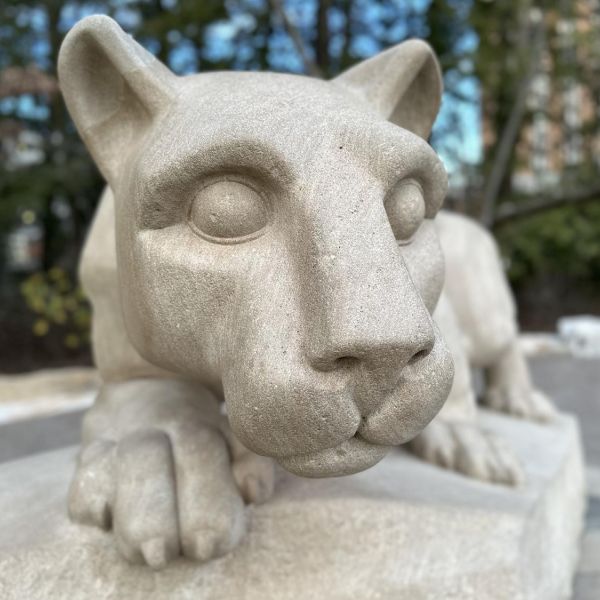
Jul 07, 2025
Four selected for inaugural Next-Gen Innovators Fellowship at Penn State
Four emerging leaders in science and innovation have been selected as the inaugural fellows in Penn State’s Next-Gen Innovators Fellowship program, an initiative designed to close critical training gaps in research translation and technology commercialization.
Full Article
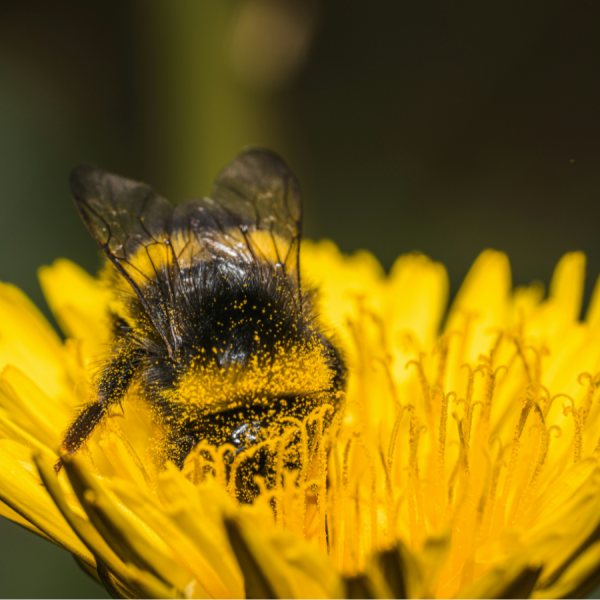
Jul 02, 2025
What a bumble bee chooses to eat may not match ideal diet
A new study led by researchers at Penn State suggests that what bumble bees choose to eat may not line up with their ideal nutritional needs.
Full Article